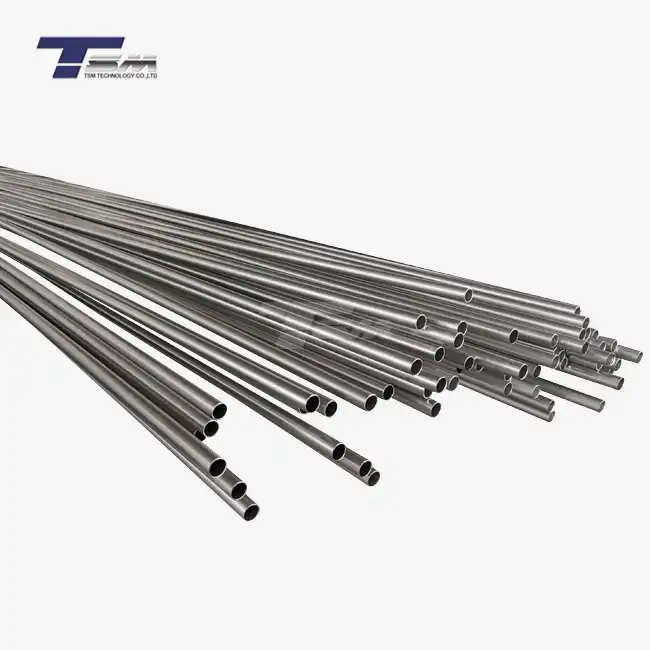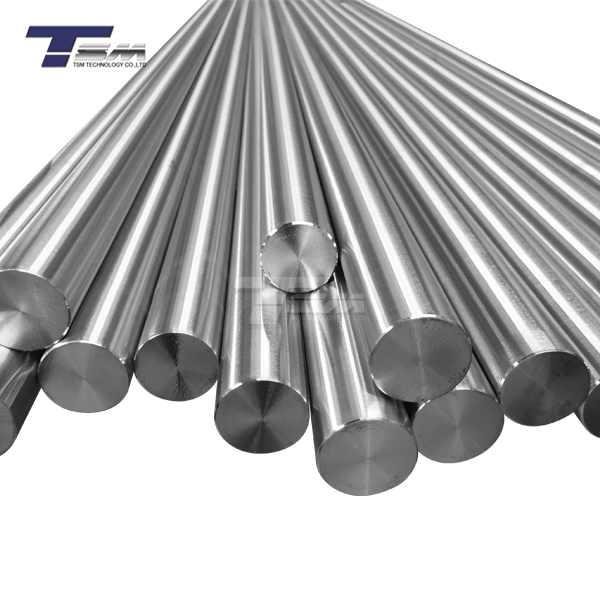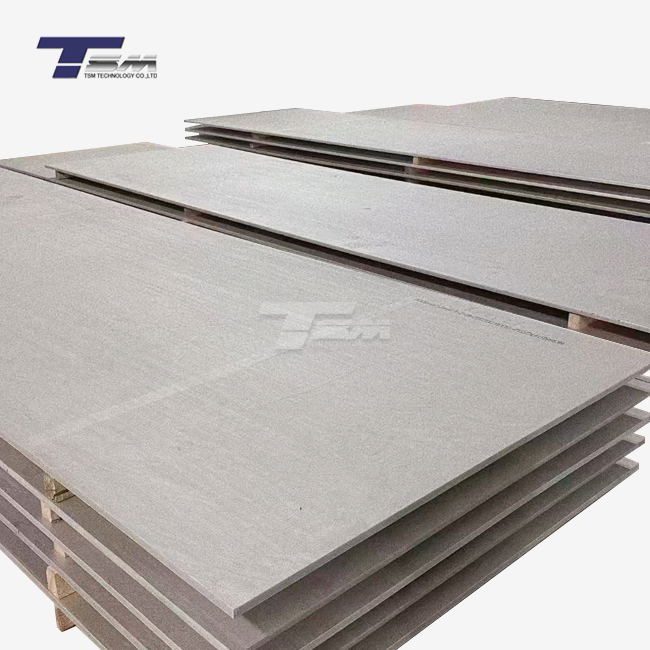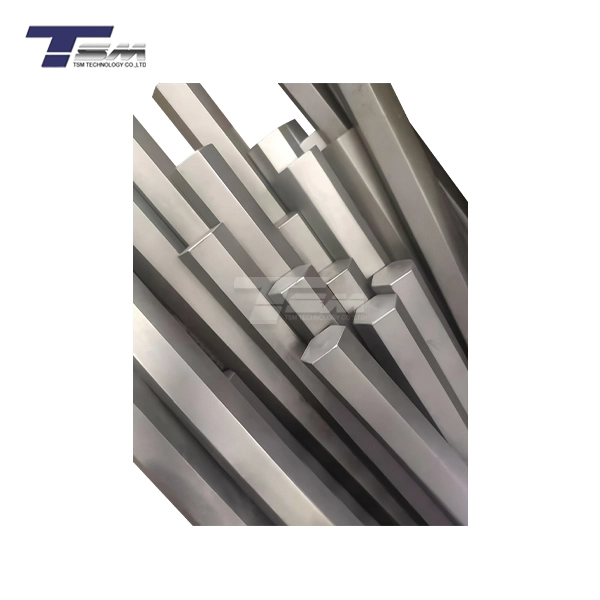Material Selection and Composition Control
Raw Material Sourcing and Verification
The journey to producing high-quality Inconel 600 round bars begins with the careful selection of raw materials. Suppliers must source pure nickel, chromium, and other alloying elements from reputable providers. Each batch of raw materials undergoes rigorous inspection and verification to ensure it meets the specified chemical composition requirements for Alloy 600. X-ray fluorescence (XRF) spectroscopy and optical emission spectroscopy (OES) are commonly employed to analyze the elemental makeup of the raw materials, confirming their purity and suitability for use in Inconel 600 production.

Melting and Alloying Process Control
During the melting and alloying process, precise control over temperature, time, and atmospheric conditions is paramount. Advanced vacuum induction melting (VIM) or electroslag remelting (ESR) techniques are utilized to achieve the desired chemical composition and minimize impurities. Real-time monitoring systems track the melt's temperature and composition, allowing metallurgists to make necessary adjustments to ensure the final alloy meets the stringent specifications for Inconel 600 bars. This level of control is crucial for maintaining the alloy's critical properties, including its exceptional resistance to oxidation and its ability to retain strength at elevated temperatures.
Homogenization and Microstructure Development
After solidification, the Inconel 600 ingots undergo a homogenization heat treatment process. This crucial step ensures uniform distribution of alloying elements throughout the material, eliminating any segregation that may have occurred during solidification. Careful control of the homogenization temperature and duration is crucial for developing the desired microstructure, which ultimately determines the mechanical properties of the Inconel 600 round bar. Advanced thermal imaging systems and computerized furnace controls are employed to maintain precise temperature profiles throughout the homogenization process, guaranteeing consistent results across production batches.
Manufacturing Process Quality Assurance
Hot Working and Forming Techniques
The transformation of Inconel 600 ingots into round bars involves sophisticated hot working techniques. Forging and extrusion processes are carefully controlled to ensure uniform deformation and grain refinement throughout the material. Temperature management during these operations is critical, as it affects the alloy's microstructure and, consequently, its mechanical properties. State-of-the-art hydraulic presses equipped with advanced load cells and displacement sensors enable precise control over the forming process, ensuring that each Inconel 600 bar maintains consistent dimensional accuracy and internal quality.
Heat Treatment and Microstructure Optimization
Following hot working, Inconel 600 round bars undergo a series of heat treatments to optimize their microstructure and mechanical properties. Solution annealing is performed at carefully controlled temperatures to dissolve precipitates and homogenize the alloy's structure. This process is followed by rapid cooling to preserve the solid solution state. The heat treatment parameters, including temperature, time, and cooling rate, are meticulously monitored and adjusted using advanced thermal management systems. These systems ensure that every section of the alloy 600 round bar receives the same heat treatment, resulting in uniform properties throughout the material.
Surface Finishing and Dimensional Control
The final stages of Inconel 600 round bar production involve precise machining and surface finishing operations. Computer Numerical Control (CNC) lathes and grinding machines are utilized to achieve the required dimensional tolerances and surface finish. Automated inspection systems, including laser micrometers and profilometers, continuously monitor the bar's diameter, roundness, and surface roughness. Any deviations from the specified dimensions are immediately detected and corrected, ensuring that each Inconel 600 bar meets the exacting standards required for critical applications in aerospace and nuclear industries.
Testing and Certification Procedures
Non-Destructive Testing Methods
A comprehensive suite of non-destructive testing (NDT) methods is employed to verify the integrity of Inconel 600 round bars without compromising their structural integrity. Ultrasonic testing (UT) is used to detect any internal defects or inclusions that may have formed during the manufacturing process. Eddy current testing (ECT) is applied to identify surface and near-surface flaws, while magnetic particle inspection (MPI) can reveal surface-breaking defects in ferromagnetic regions of the alloy. These NDT techniques are performed by certified technicians using calibrated equipment, ensuring reliable and repeatable results across all production batches of Alloy 600 bars.
Mechanical Property Verification
To confirm that Inconel 600 round bars meet the required mechanical specifications, a series of destructive tests is conducted on representative samples from each production lot. Tensile testing machines equipped with extensometers measure the alloy's yield strength, ultimate tensile strength, and elongation. Hardness testing, typically using the Brinell or Rockwell scales, provides additional data on the material's resistance to deformation. Impact tests, such as the Charpy V-notch test, evaluate the alloy's toughness and resistance to brittle fracture. All test results are meticulously documented and compared against industry standards to ensure compliance with the stringent requirements for Inconel 600 bars.
Chemical Composition Analysis and Certification
The final step in the quality control process for Inconel 600 round bar production involves a comprehensive chemical analysis to verify that the alloy's composition falls within the specified ranges. Optical emission spectrometers and X-ray fluorescence analyzers are used to perform precise elemental analysis on samples taken from various locations along the bar. The results are compiled into a Material Test Report (MTR) or Certificate of Analysis (COA), which provides a detailed breakdown of the alloy's chemical composition, mechanical properties, and conformance to relevant industry standards. This documentation serves as a crucial quality assurance tool, allowing end-users to verify the authenticity and performance characteristics of the Inconel 600 bars they receive.
Conclusion
The implementation of rigorous quality control methods in Inconel 600 round bar production is essential for ensuring the reliability and performance of this critical alloy. From careful material selection and composition control to advanced manufacturing techniques and comprehensive testing procedures, each step in the production process is meticulously monitored and controlled. By adhering to these stringent quality assurance measures, manufacturers can consistently produce Inconel 600 bars that meet or exceed industry standards, providing customers with materials that deliver exceptional performance in the most demanding applications.
Contact Us
For more information about our high-quality Inconel 600 round bars and other superior alloy products, please contact TSM TECHNOLOGY at info@tsmnialloy.com. Our team of experts is ready to assist you in finding the perfect alloy solution for your specific needs.



